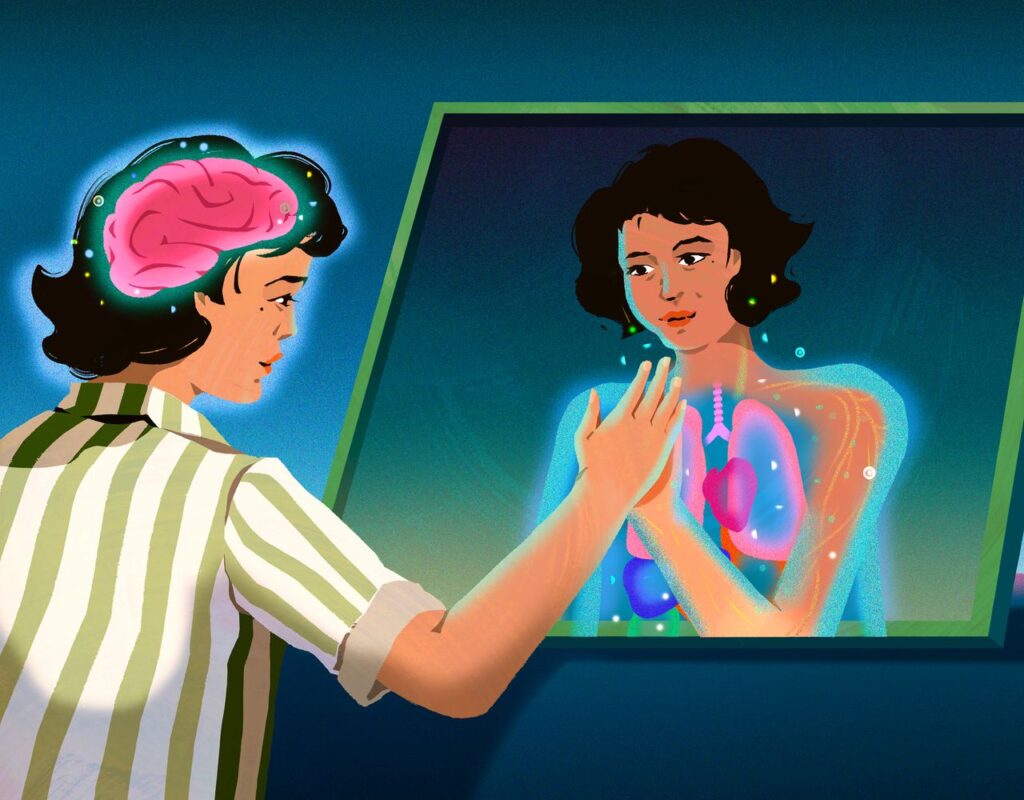
We have uncovered the pivotal role of emotional intelligence (EQ) in personal growth and success before. Building on that foundation, we will now delve deeper into the significance of Social Intelligence (SQ). Social intelligence includes traits like empathy, interpersonal effectiveness, communication skills, and the ability to comprehend and affect the emotions and behaviors of others.
Here’s why, in the overall scheme of human achievement, IQ alone falls short.
What Is Social Intelligence?
It’s becoming more and more obvious that success in today’s interconnected world is not just a function of intellectual capability. SQ comprises the capacity for an individual to comprehend and respond to the emotions, ideas, and actions of others. This kind of intelligence exists at the moment during face-to-face interactions as well as during periods of focused thought. Self-awareness and emotional intelligence are required in order to reach great heights in life.
Why Does It Matter?

Image via safety4sea
In order to establish connections, make friends, and avoid exploitation, social intelligence is essential. It enables individuals to interpret the intentions and expressions of others. Over time, social intelligence develops and aids in human social behavior, enabling cooperation for mutual gain. Strong leaders frequently have social intelligence because they need to connect with people and motivate followers.
How To Build Social Intelligence?
There are a few simple ways to practice if you want to improve your social intelligence. Here are a few tips!
1. Focus On Your Physical & Emotional Cues

Image via The Wall Street Journal
Your own body and emotions can often be used to understand various social situations. Taking a moment to reflect on what you’re feeling is an effective strategy. Pay attention to details like why you’re having an unusually awkward moment with someone or suddenly feeling more energetic with someone else.
2. Practice Active Listening

Image via Inc. Magazine
Remember that when you are listening, you have to be fully focused on the speaker. Try not to interrupt them, and register their body language and facial expressions. Make sure they feel heard and validated!
3. Improve Communication Skills

Image via Sunway Group
Ask open-ended questions. Instead of cutting the conversation short with a one-word answer, encourage the speaker to share more about their experience or feelings. Know how to ask a question that gives a chance to the speaker to have a conversation with you. For example, ask “What did you do on the weekend?” instead of “Did you enjoy your weekend?” Make sure you use a respectful tone to make a pleasant conversation.
In conclusion, improving our interpersonal abilities is the goal of a lifelong journey toward the development of social intelligence (SQ). Constant practices enable us to deepen our connections with others. SQ is an important and continuing endeavor in our lives since it promotes personal development and helps create a more compassionate and inclusive society.










